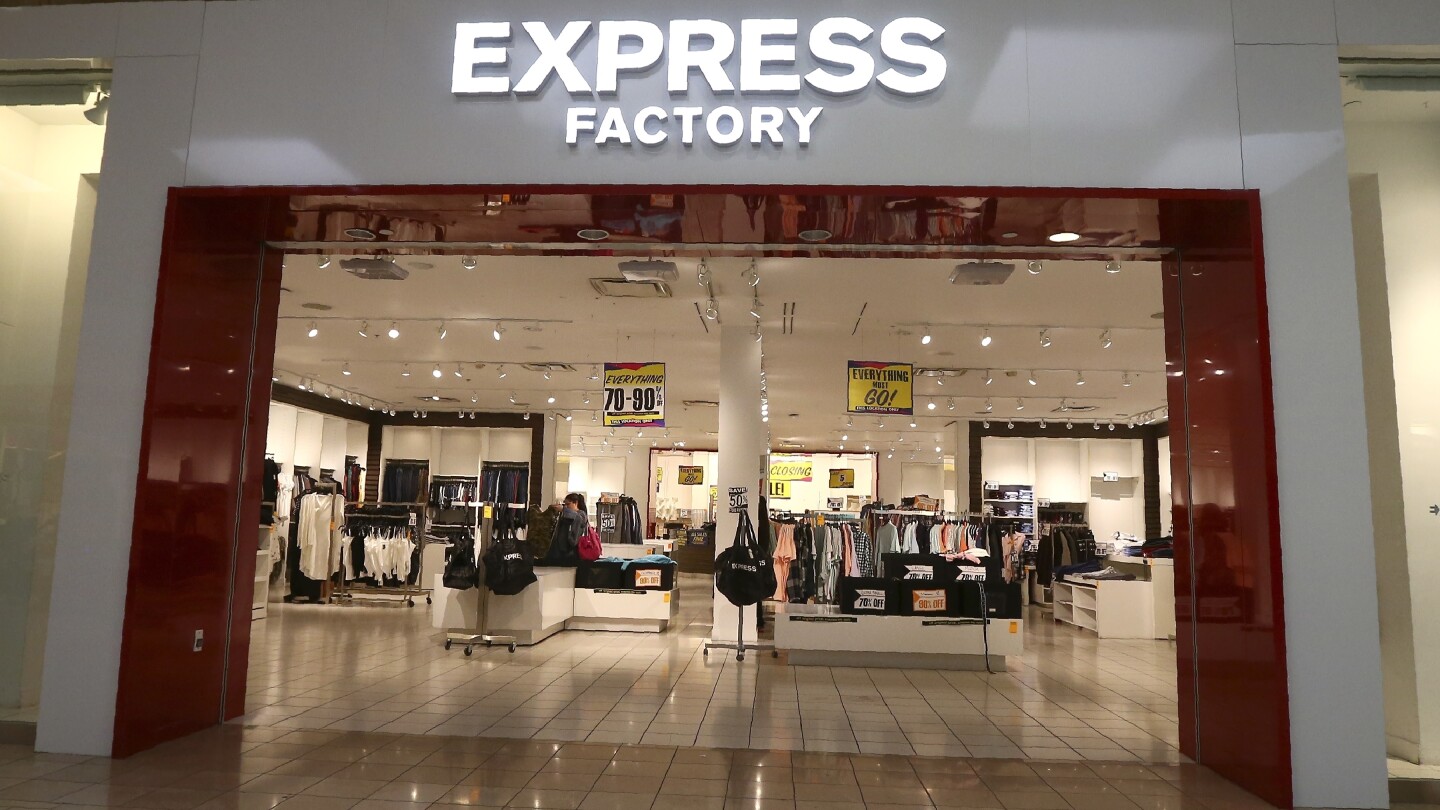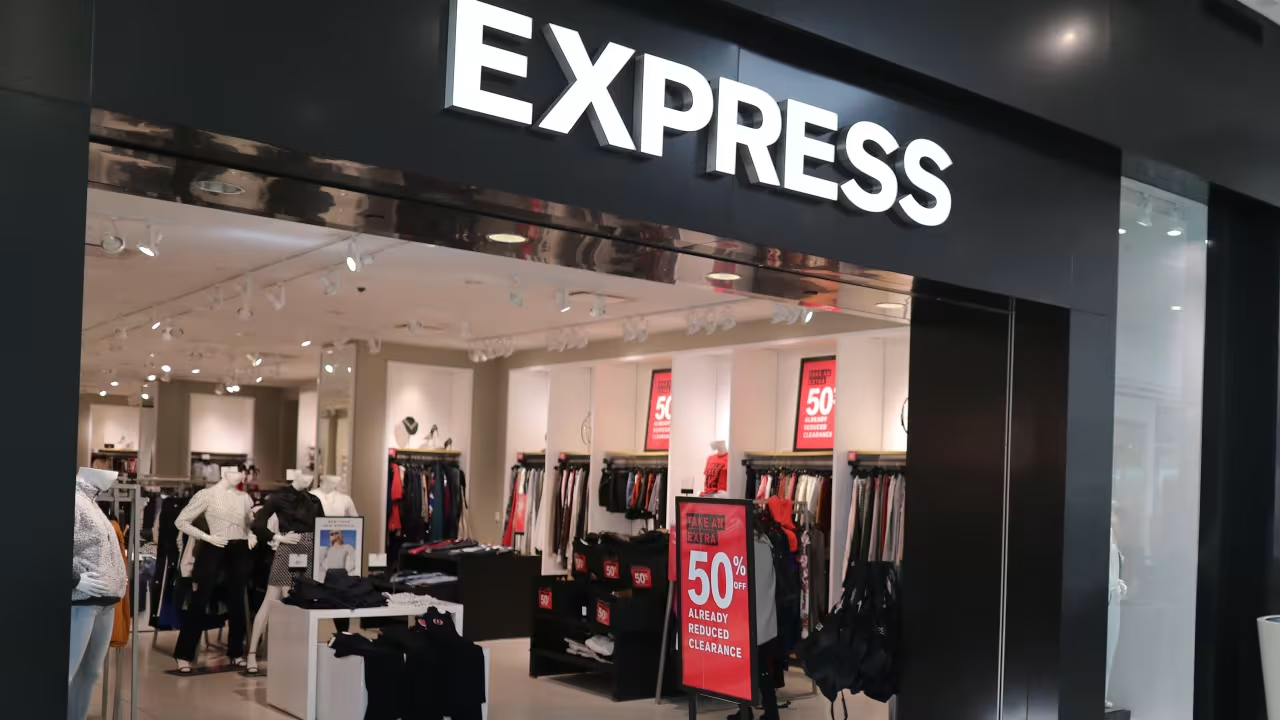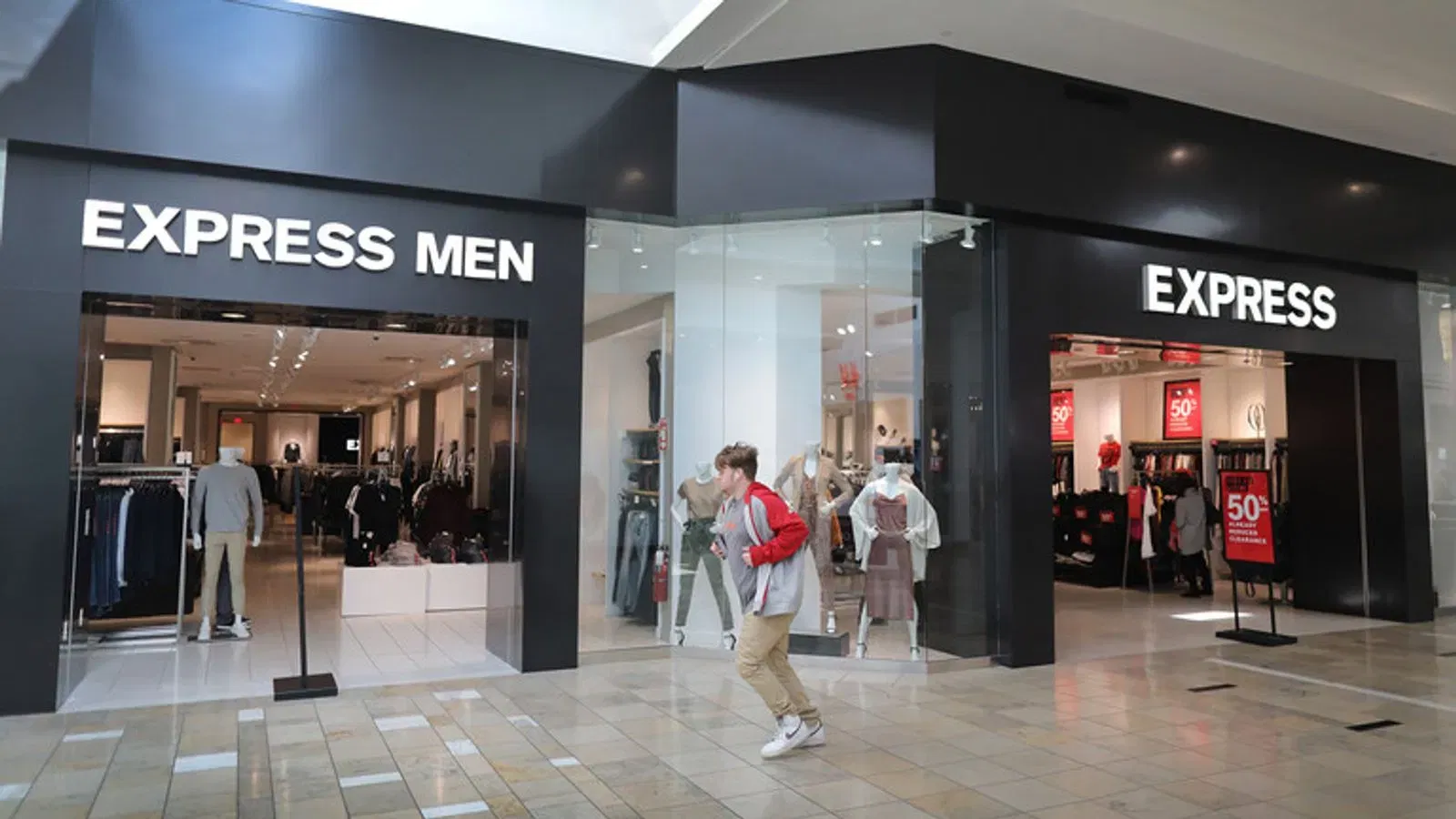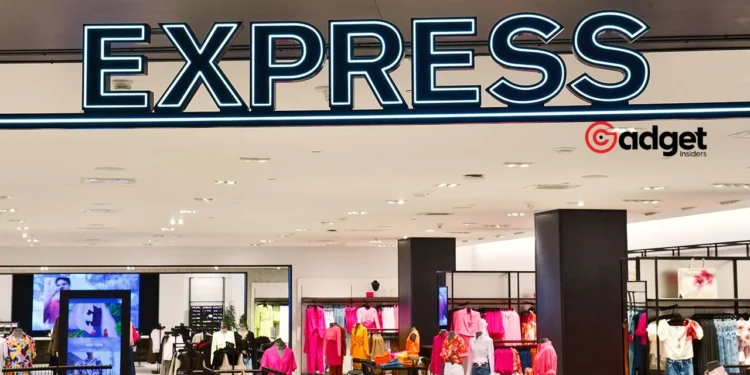In a significant shift in its business strategy, Express Inc., a well-known clothing retailer, has announced a major reorganization under Chapter 11 bankruptcy. This restructuring includes the closure of 95 underperforming stores across the country, with three prominent locations in Pennsylvania facing imminent shutdown. The move is part of a broader strategy to streamline operations and potentially prepare the company for a sale to a consortium led by notable entities including WHP Global.

The Impact on Pennsylvania’s Retail Landscape
Among the stores slated for closure, two are located in prime shopping districts in Philadelphia—at 1521 Walnut St. and the Fashion District Philadelphia at 901 Market St. These closures are set to reshape the local retail scene, reflecting the ongoing challenges faced by brick-and-mortar stores in adapting to the digital economy. A third store, at 2300 E. Lincoln Highway in Middletown Township, Bucks County, near Langhorne, also began its closing sale on April 1, ahead of the bankruptcy announcement.
Express files for bankruptcy,
announces store closures#BidenomicsWorks NOT pic.twitter.com/90wR19wD95— FAITH DΞFΞNDER (@faithdefender) April 24, 2024
The closures in Pennsylvania are particularly noteworthy as they signal a significant reduction in Express’s physical footprint in a state where it once had strong consumer connections. After these closures, Express will retain 20 stores across Pennsylvania, including locations at the Capital City Mall in Lower Allen Township and at Tanger Outlets Hershey in Derry Township.
Strategic Bankruptcy and Potential Sale
Express Inc. has utilized Chapter 11 bankruptcy not merely as a protective measure against creditors, but as a strategic tool to facilitate a comprehensive overhaul and potential sale of its operations. The company has received a non-binding letter of intent from a consortium that includes WHP Global, a brand management firm known for owning the Toys R’ Us brand, and key players in the real estate sector like Simon Property Group and Brookfield Properties.

This potential acquisition could breathe new life into the retailer, leveraging the expertise and financial backing of these prominent entities. Simon Property Group and Brookfield Properties are both leaders in the retail property market, owning and operating some of the most successful malls and shopping centers globally.
The Future of Express and Its Affiliates
As part of its restructuring, Express Inc. is not only reducing its store count but also possibly streamlining its brand portfolio. The company also owns around 60 Bonobos Guideshop locations and 12 UpWest retail stores. The fate of these subsidiaries, particularly the UpWest stores which are also slated for closure, will be crucial in determining the strategic direction Express Inc. will take post-bankruptcy.

Chapter 11 bankruptcy proceedings allow companies like Express to continue operating while they reorganize their business. For Express, this means maintaining customer service and operations while negotiating with creditors and potential investors to find a viable path forward. This process is complex and involves the agreement of creditors and approval by a federal bankruptcy judge.
Conclusion
The restructuring of Express Inc. reflects broader trends in the retail industry, where companies must adapt to increasing online competition and changing consumer behaviors. The closures, while unfortunate for employees and local economies, are a necessary step in recalibrating the company’s strategy to align with the current market dynamics. With the backing of its potential new consortium, Express may emerge from this transitional period as a leaner, more focused entity ready to reclaim its position in the retail sector.










